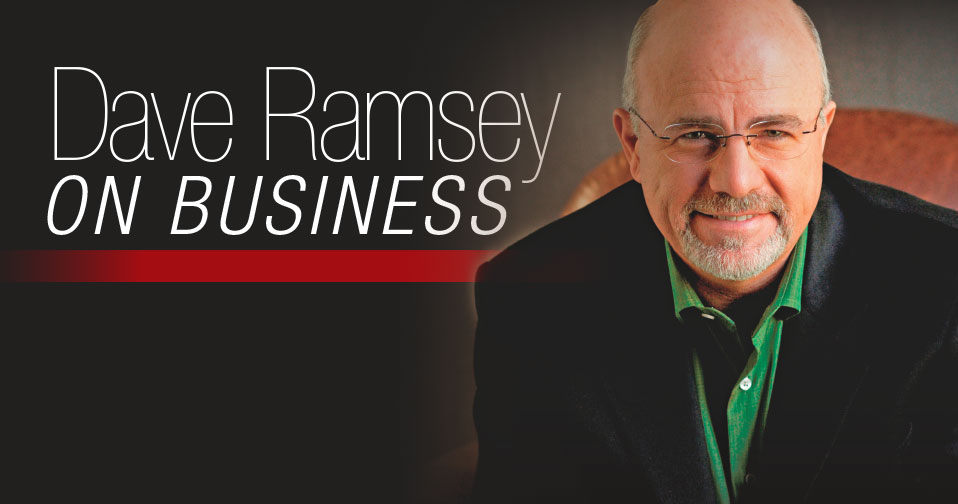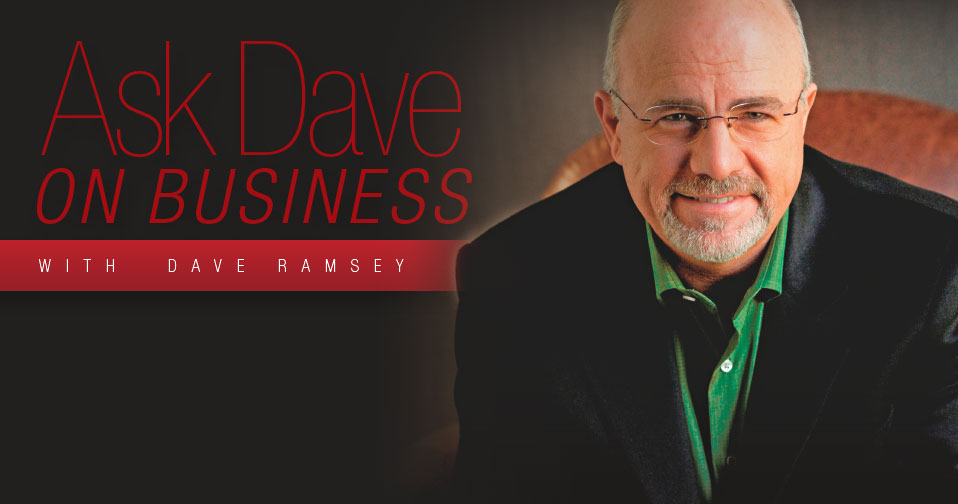Engine of Blessing

If you are a business person, let me suggest an addition to your list of most significant Bible passages—Deuteronomy 8:17-18.
The passage occurs in the midst of Moses’ farewell address to the children of Israel. At the time, they were camped beside the Jordan River, finally ready to enter the ‘promised land.’ Moses reminds them of what they have come through during their wilderness years and describes the prosperity he sees in their future, then immediately issues this warning:
You may say to yourself, “My power and the strength of my hands have produced this wealth for me.” But remember the Lord your God, for it is He who gives you the ability to produce wealth, and so confirms His covenant, which He swore to your forefathers, as it is today. Deuteronomy 8:17-18
There is more here than meets the eye. On one level the passage is, of course, exactly what it purports to be—a warning against the all-too-prevalent human inclination to ignore God when things are going well (i.e., when we are enjoying his manifold blessings). But as needed as that warning may be for any or all of us, I commend the passage to business people for entirely different reasons. Specifically, this exhortation from Moses offers rare insight into God’s intent and purpose for business. So let’s dig deeper into this rich passage.
Verse 18 contains two critical ideas, each conveyed in a single short phrase, with both inextricably linked together: “…it is He who gives you the ability to produce wealth, and so confirms His covenant…” Both phrases reward attention, as does their interconnection.
The first of these phrases is about the creation of wealth. Given how Christians often think about this topic, the passage tells us something rather surprising—that our ability to create wealth is not a human invention at all. Rather, it is a divine gift, something that God himself has bestowed on humankind.
This has a less than obvious, but terrifically important, implication. Within the entire sphere of human endeavor, business is, uniquely, the means by which wealth is created. Businesses combine raw materials and labor to create products that (ideally) sell for more than their cost of production. That economic differential is typically described as profit, but it also represents the enlargement of human wealth. Successful businesses are, quite literally, engines for the creation of wealth. Business is, therefore, the specific means through which God has blessed humankind with the ability to create wealth. Bottom line: business is a gift from God.
This, by itself, would be basis enough to conclude that business has a very high calling (hardly the ‘second class’ calling that many Christian business people tend to feel, at least when sitting in their pews on Sunday morning). But there is more: “…and so confirms his covenant…” The covenant referred to here is, of course, the covenant God made with Abraham. Its primary thrust was a binding promise by God to take care of Abraham, to bless and prosper him, including with the blessing of a great and innumerable posterity. Simply put, God promised to be Provider for Abraham.
In part, this is God (taking a large step toward) repairing the broken relationship between Himself and His people. God’s foundational relationship with humankind had always been (and still is) that of Provider. Without His sustaining provision we humans disappear, and quite quickly. Prior to Abraham, however, God’s role as Provider had been implicit. But with Abraham, God brings that role out from behind the curtain, puts it front and center, and explicitly covenants to be Provider to Abraham and His descendants.
Now, centuries later, Moses gives us a rich new insight into just how God fulfills that promise. Moses first tells us that our ability to create wealth is a divine gift, then immediately tells us that gift represents the confirmation, the fulfillment, of the covenant in which God promised to be Provider. In other words, Moses tells us that God fulfills his Provider role (in part) by gifting us with the ability to create wealth. And since that wealth creation gift is rooted entirely in business, we see this:
God chooses to do His great work of provision in a sort of quiet partnership with a very specific group of people—those in business.
That’s right, business people are God’s (intended) partners in sustaining and prospering all of humankind—a very high calling indeed! But God’s covenant Provider role went far beyond sustaining and prospering Abraham monetarily. Beyond wealth, God blessed Abraham with a great posterity, great in size (like the sand on the seashore) and great in significance—the ultimate blessing, the Savior, would descend from Abraham. And God further blessed Abraham with a divine intimacy and friendship that had not been seen since Eden.
In the rich diversity and abundance of God’s Provider dealings with Abraham, therefore, we see that God’s concept of provision extends far beyond economics. Rather, it extends to all of human welfare, to the full measure of human flourishing—what the Bible calls shalom.
Neither is the role of business as God’s partner in human provision limited to economic benefit. In fact, business as an economic engine is merely a by-product of the larger role God has for business. We see this best when we look closely at what really happens in the defining element of business—the sales transaction.
We noted earlier that businesses create products or services that (typically) sell for more than their cost of production. But that, by itself, is insufficient to create a transaction (or a successful business). A transaction happens only because a customer determines that a product will bring greater value than would holding onto the money required for purchase. For the customer the product represents more value, often considerably more, than it costs in money. Hence its purchase brings, despite the monetary loss involved, a net increase in what we might call the ‘value total’ of the customer. Simply put, the customer is better off because of the purchase.
Businesses are, first and foremost therefore, engines not for creating wealth but for creating value. And the variety of value that business creates is remarkable—from the pleasure of listening, on a moment’s notice, to one’s favorite music to the joy of seeing one’s new grandchild on a video call; from the contented satisfaction of a great meal to the immeasurable value of a life-saving medication. As the iconic MasterCard ads used to remind us, some of the value that business creates seems almost priceless.
Business is, above all else, a value creation engine. Then as a by-product of that value creation, business generates profits and becomes, as well, an engine for wealth creation. Taken together, these two roles—as engine for broad blessing through value creation and wealth creation—represent the richness of blessing God purposed through business as the partner in his great work as Provider.
Of course, value and blessing flow through other arenas of human endeavor as well. But only business creates value (blessing) in a way that self-funds the sustaining and enlarging of its value creation process, and only business creates the economic wherewithal that makes all the other arenas of blessing possible. As Bonnie Wurzbacher, a senior vice president with Coca Cola, puts it, “As the sole source of wealth creation in the world, [business] enables every other social, civic and even spiritual institution to exist.” These other arenas—government, education, the arts, religion, etc.—are channels for blessing, fueled by the wealth business creates. But only business is an actual engine for sustaining and enlarging value creation (blessing) for all humankind.
This is the divine intent for business—and the fuller scope of its Provider partnership with God Himself. And so we as business people can all say a thank you to Moses for pointing us toward our very high calling. More importantly, may we all practice business in ways that live up to our Divine Partnership.
This article has been provided by Eventide Asset Management, LLC and is for informational purposes only. Visit eventidefunds.com for more information.

By: Tim Weinhold
Tim Weinhold serves as Director of Eventide’s Faith & Business Initiative, and has served in a faith and business/investing thought leadership capacity with Eventide since its founding. For more information on Eventide, visit eventidefunds.com.






